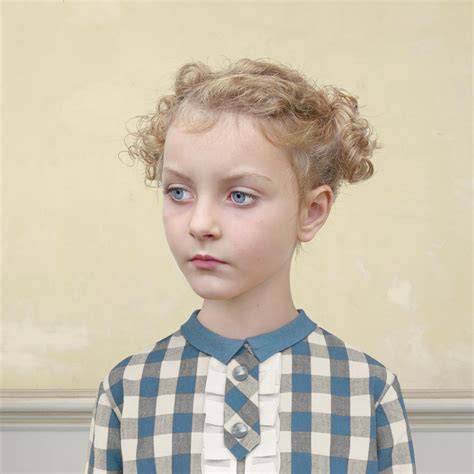A Quote by Mary Ellen Mark
That's the way I learned photography: You make your picture in the camera. Now, so much is made in the computer. ... I'm not anti-digital, I just think, for me, film works better.
Related Quotes
If you need to strap a camera to you or get in a small space, then it makes sense to use digital.I do think it is possible to use a digital camera artistically, but it can only be good if you are using film technique. Film has grain, and digital has pixels, and there is not that much of a difference, but digital does not replace the need to create a scene and light it properly and spend time considering the shot.
Various studios are still shooting on film with digital grain and the DI negatives, it's not ideal. We should really be all film or all digital. But that being said, the old way of graining in the camera, now you can make changes like a painter. It's dangerous because you can ruin the film, you can over-fiddle. We've all seen films and gone 'what the hell is that?'
If I ever thought of directing again, I mean - I don't know, even the idea of directing a film is a strange one for me, because I feel kind of anti mathematics in a way in that sense. Anti - I don't like when things make sense, I prefer if they don't, so if I made a film, it wouldn't make any sense and no one would see it. So maybe I'll just make little films at home with my phone, never to be released.
I feel more like a creative artist using photography because there's - the digital work is so interesting now. It's come to that. I have had many different stages of photography - there are many different ways to take photos. But I feel now I'm in that stage of my life where I use the camera, you know, in that way.
I have received the digital camera as a blessing. It has really changed my life as a filmmaker, because I don't use my camera anymore as a camera. I don't feel it as a camera. I feel it as a friend, as something that doesn't make an impression on people, that doesn't make them feel uncomfortable, and that is completely forgotten in my way of approaching life and people and film.
I find that when one has worked long enough, technical know-how becomes almost irrelevant. In photography, it's not difficult to reach a technical level where you don't need to think about the technique any more. I think there is far too much literature and far too much emphasis upon the techniques of photography. The make of camera and type of film we happen to use has little bearing on the results.


































